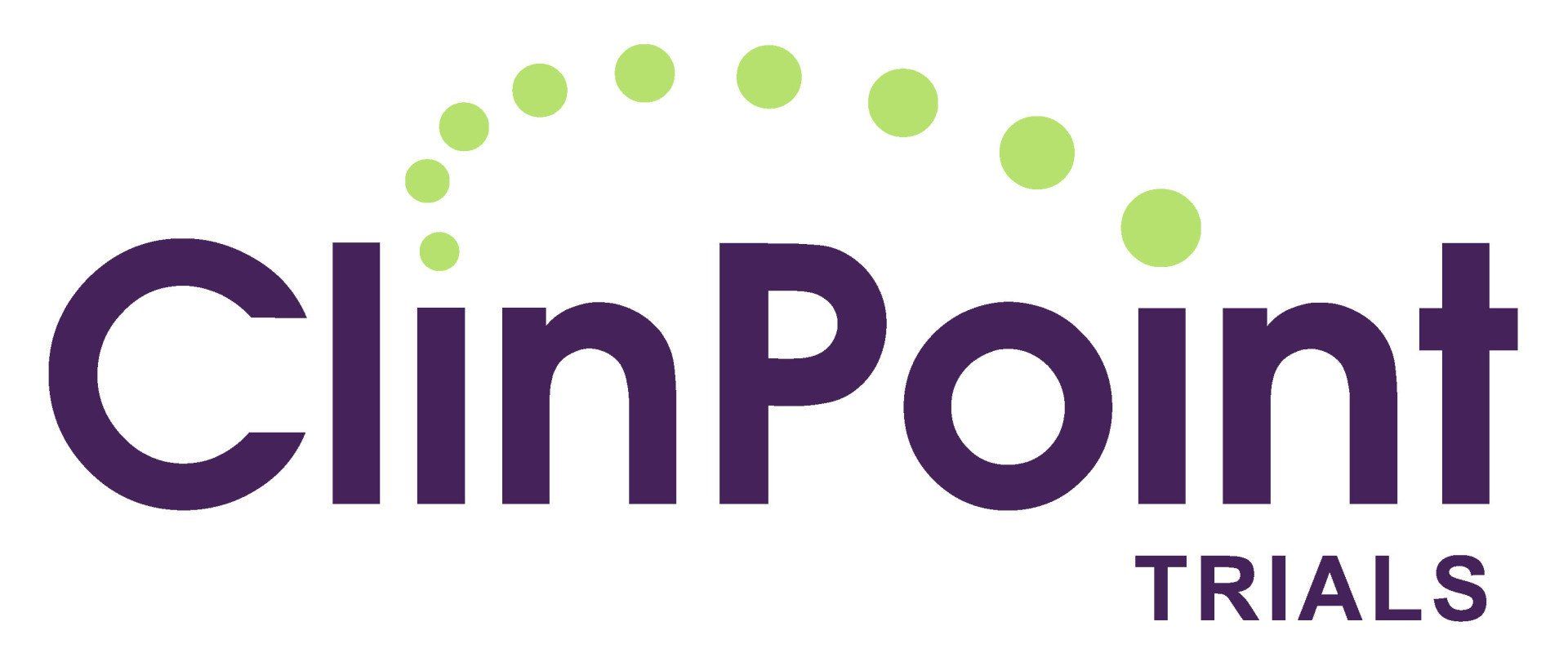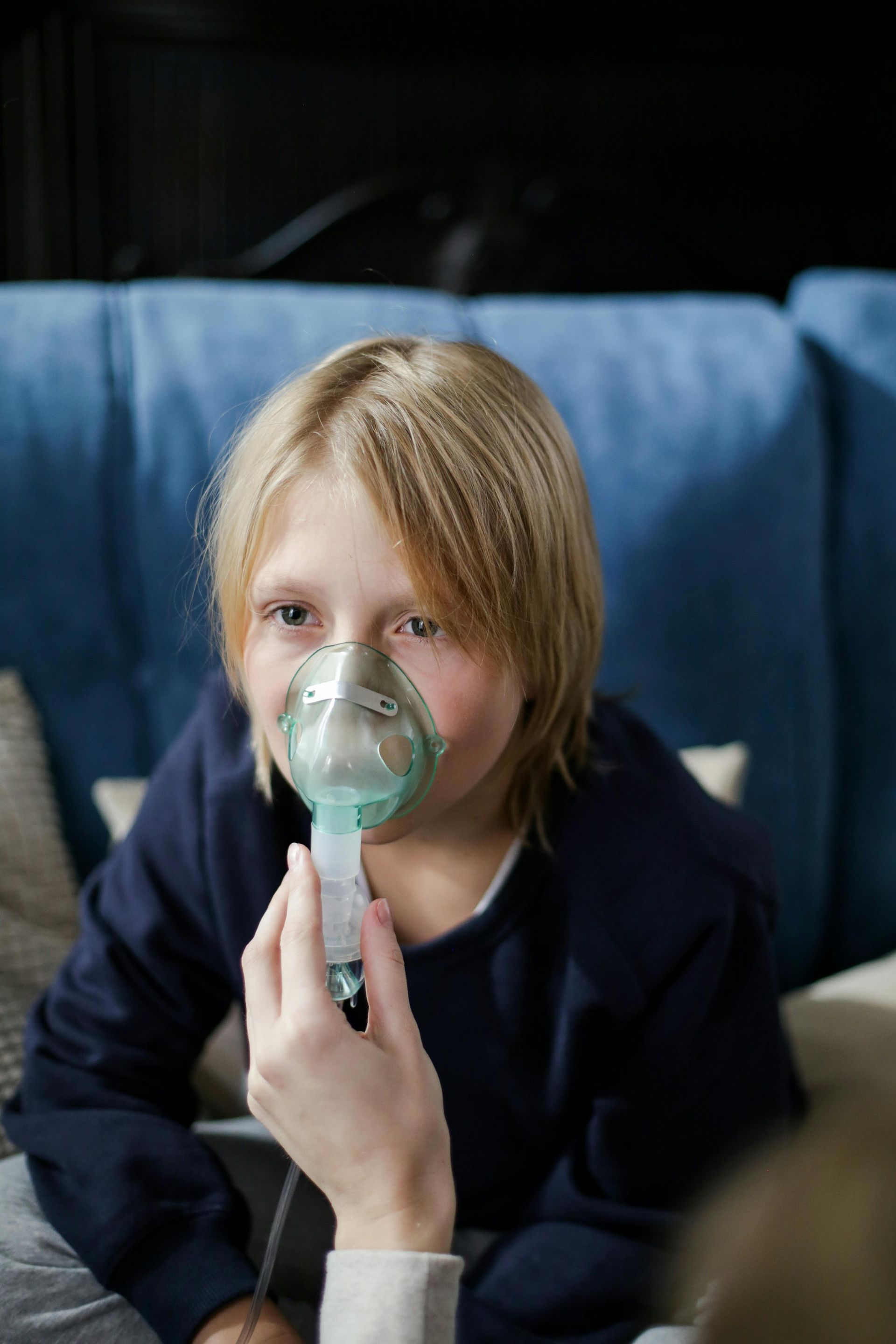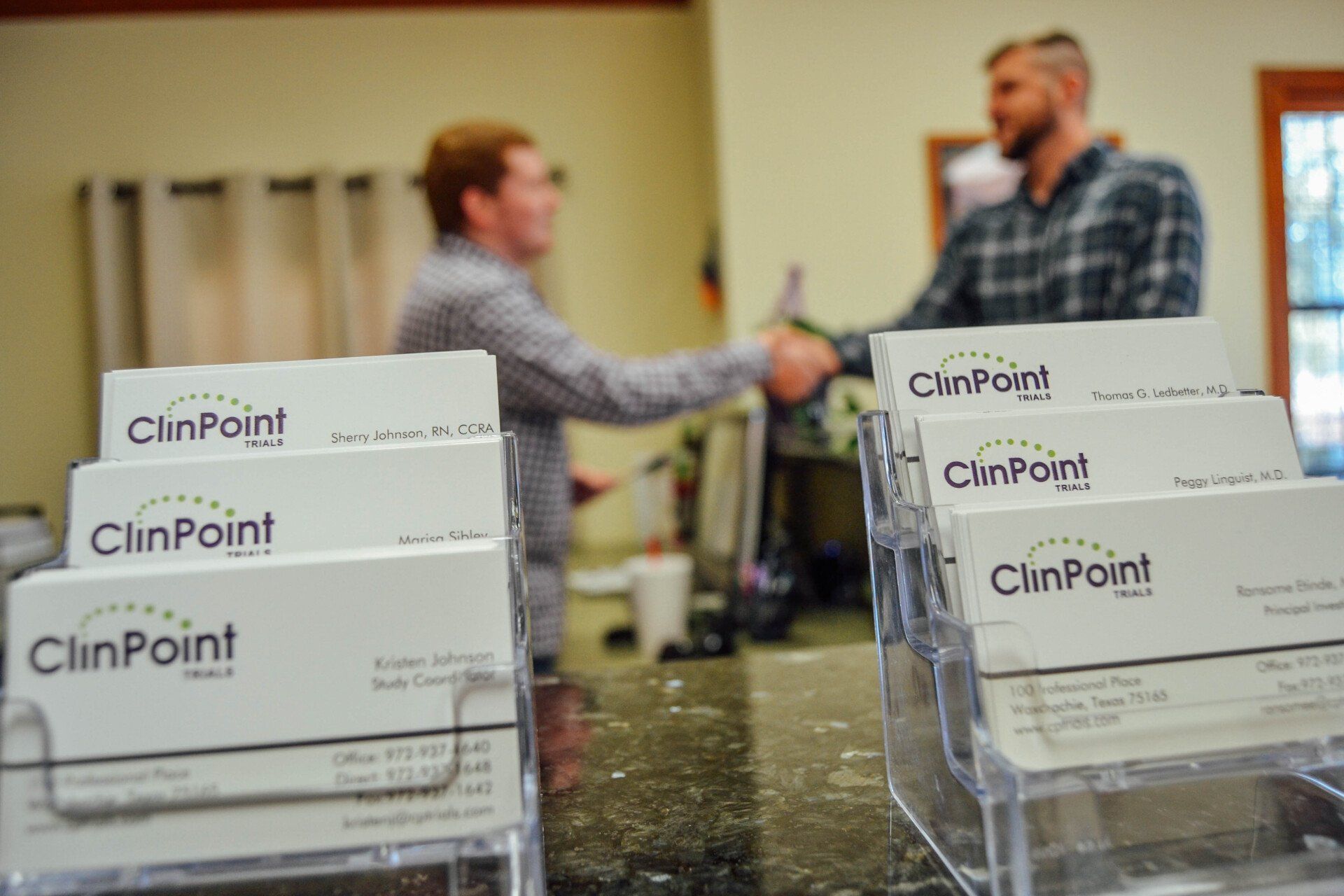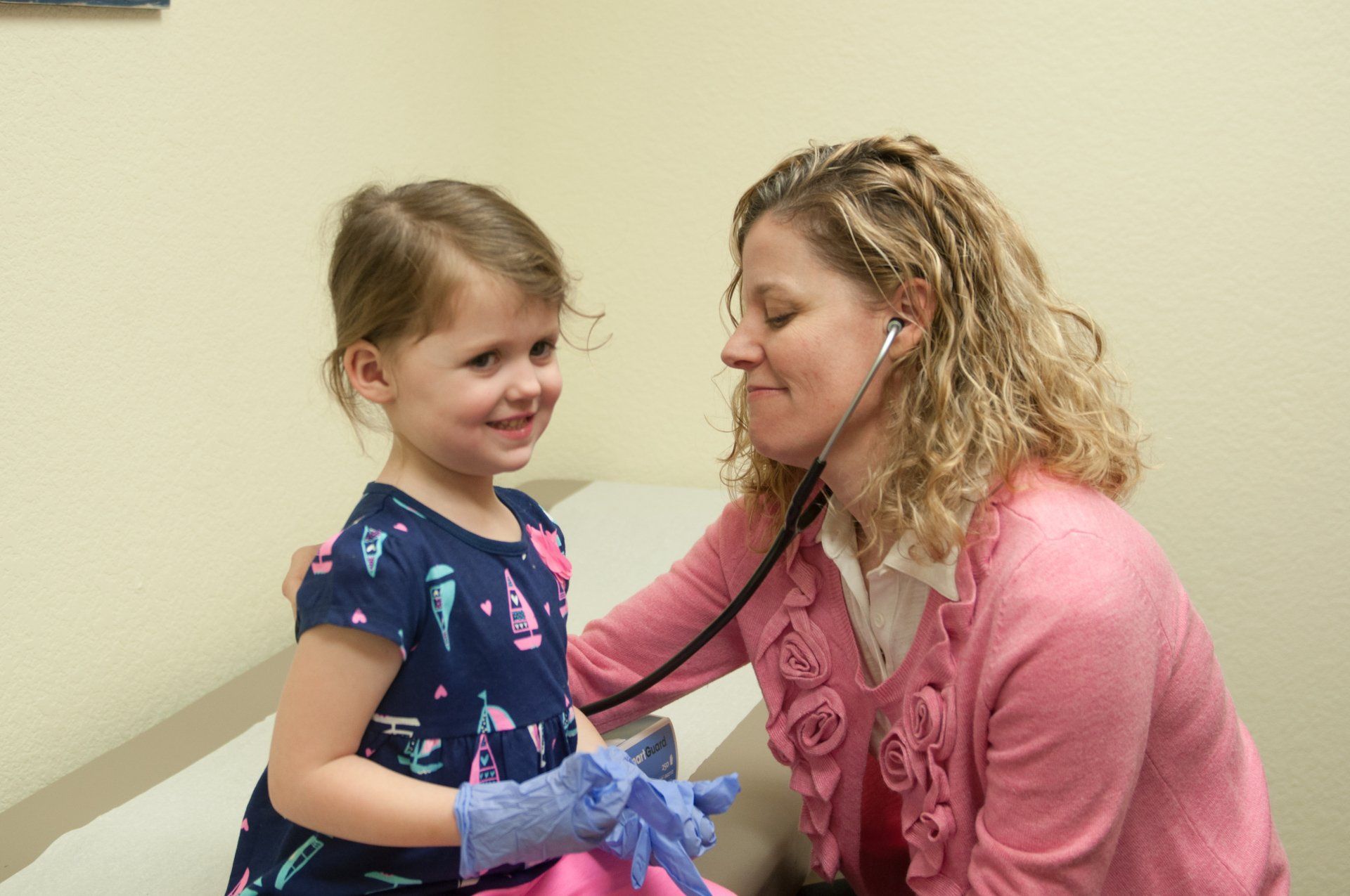FEATURED ARTICLES
What Can You Expect as a Clinical Trial Volunteer?

The experience of participating in a clinical trial is often misunderstood. When I talk to people unfamiliar with clinical trials about participation, the first response I usually receive is, “You want me to be a guinea pig?” Being a human lab rat is the most common stereotype associated with participating in a clinical trial, unfortunately due to historical bad examples. Today clinical trials are highly regulated and monitored to assure that research is ethical and that the safety of the participant is protected to the fullest extent. So let’s clear the air. What is it really like to participate in a clinical trial?
Volunteering for a clinical trial will always start with informed consent. Informed consent is the process by which you learn the details about a clinical trial in order to make an informed decision about whether participating is right for you. We start with the informed consent document. This document provides an in-depth look at the purpose of the research study, information about the medication or product under investigation, the study procedures, your responsibilities as a volunteer, risks, benefits and more. The consent document is not a contract, but you must sign it to state that you have read and understand the information in order to participate in a clinical trial. Through the duration of a trial, you can ask questions to the Investigator (Doctor) and his/her study staff at any time. The important thing to remember is that your participation is voluntary, and you can choose to withdraw from the study at any time and for any reason.
Once you have agreed to participate in a clinical research study, you will be asked to come to the research clinic for a number of visits. Depending on the length of this study, this could be only a couple of visits up to several over a long period of time. At each visit, you will receive the study medication, laboratory tests (for example, HbA1c for Type 2 Diabetes studies), ECGs and vital sign assessments, and physical examinations/visits with the doctor at no cost. Participating in a research study may also involve keeping a diary or completing questionnaires about your health. Your health is followed very closely during a research study, perhaps in more depth than you would receive as standard care. Once a study is over, follow-up care is also provided. This may include alternative treatments that are available, learning more about your condition, and any other information about your participation in the study that may be available (for example, results of the trial).
At the end of the day, our thoughts and perceptions of clinical trials tend to stray far from the reality of what it is like to participate. Our physicians at ClinPoint Trials, Dr. Ledbetter, Dr. Pickens, Dr. Linguist and Dr. Haque, are passionate about seeing medicine advance and call on our community to learn more about how they can be involved in advancing medicine for the future generations. If you are interested in learning more about clinical trials or participation, contact or visit the ClinPoint Trials offices.














